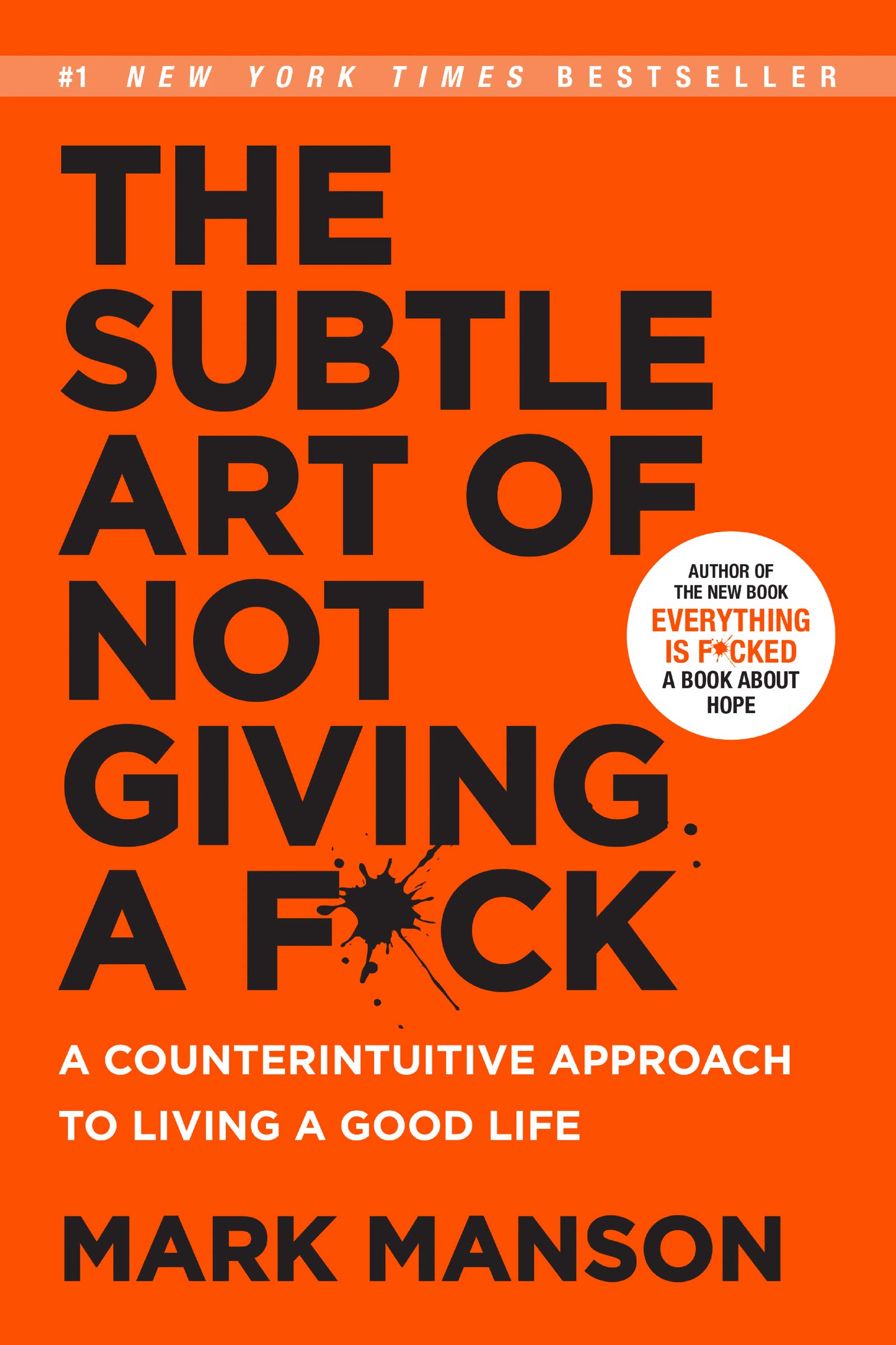There’s no doubt about it, 2020 has been a year that will go down in history. Whether this year has been good or bad for you personally, it’s fair to say that 2020 has been one of the most momentous years experienced. In our digital world, which is filled with technology that is continuously evolving, we are constantly plugged in and connected to the larger world. It can be extremely difficult - but necessary - to draw inwards and reflect on our own experiences this year, separate from those of everyone else.
Why is Reflection Important?
As the Habit Journal states, “Hindsight is 20/20....but what if foresight could be too?”
The most useful reflection is one that involves mindful consideration and analysis of past thoughts and actions. Reflection gives our brain an opportunity to pause amidst the chaos, to really sort through and think about our observations and experiences, and interpret our past to give new meaning for the future. Simply put: we will not grow from our experiences if we don't understand them.
Reflecting on this hectic previous year is a good way to help you to review your skills and develop them to have more efficiency. It’s an important aspect of intentional and mindful living - questioning yourself in a positive way, in order to create a system that will serve you better for the future.
How can the Habit Journal Help?

In the Habit Journal, the first step to creating habits to track is by setting vision across eight core aspects of your life:
- Adventure - travel and experiences
- Service - community service and contribution
- Health - physical and mental health, spiritual and self care
- Finance - financial stability and personal economics
- Career - work, side hustles, and your professional network
- Self - personal development, skills, brand, style, and appearance
- Relationships - family, friends, and romance
- Environment and Lifestyle - home and the way you live
At year end, these eight areas can serve as a helpful framework. By considering your experiences in these categories, you will be able to take a holistic and comprehensive view of your life.
How do I start my reflection?
So, how should we begin to reflect? Everyone has their own style, but here are some questions to get you started on the journey to self-realization.
- Which areas of my life did I focus the most energy on?
- What were some of the experiences that brought me the most joy?
- What were my biggest struggles? What did I learn from them?
- What is something I want to leave behind?
- What can I appreciate from the past year?
By asking yourself these questions and more, you will be able to form a stronger picture of what has been serving you well and the things you should continue to do, and what has been slowing you down and what you need to release.
Moving forward with Intention
Reflection can be a tiring process: it’s not always easy to confront yourself and your actions - but self-awareness and growth is essential to living a meaningful life. By understanding yourself on a deeper level, you will be more in tune with your goals and aspirations, which will bring you closer to living your dream life.






















